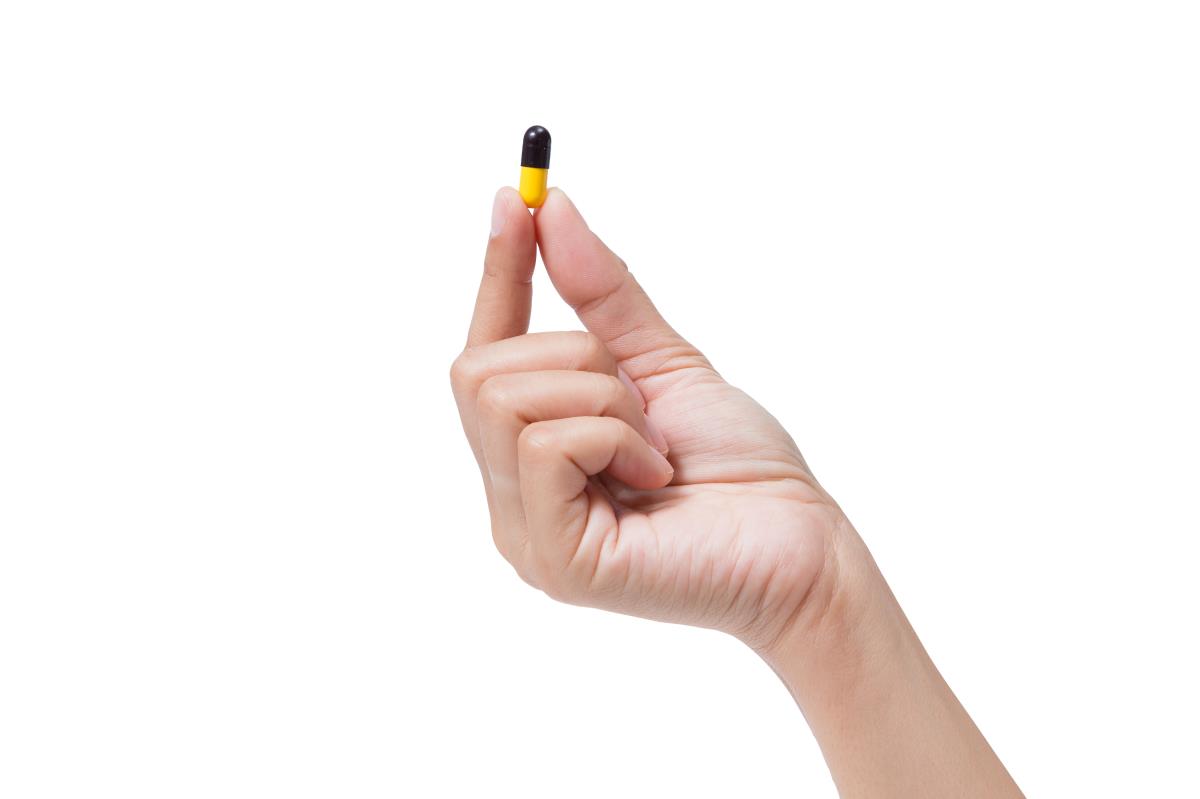Clindamycin: This commonly used antibiotic can cause negative side effects worse than the conditions it treats
11/22/2019 / By Cassie B.

Antibiotics may be one of the greatest advances in modern medicine, but that does not mean they are not without their failings. In addition to the wider issue of growing antibiotic resistance giving way to superbugs, there’s also the fact that individual antibiotics aren’t always worth the benefits they provide. Case in point: clindamycin.
Clindamycin is often prescribed to those with bacterial infections, and it is available in generic form and under the brand name Cleocin. It comes in topical, oral and injectable forms, and some of the problems it can treat include acne, blood infections, female reproductive tract infections, infections of bones and joints, septicemia, and lung infections. It’s also sometimes given as a preventive treatment for an infection of the heart’s lining known as endocarditis.
What are the risks?
Unfortunately, this drug is so risky that doctors are warned only to prescribe it when there is no other option, such as in those who are allergic to penicillin. It bears a black box warning, which is the most serious warning issued on drugs by the U.S. Food and Drug Administration (FDA).
One of the biggest risks is colitis, a serious inflammation of the inner lining of the colon. And while diarrhea is a pretty common side effect among antibiotics, some people will experience a severe form of diarrhea on this drug. However, another problem it can lead to is an overgrowth of the Clostridium difficile bacterium thanks to its ability to alter the colon’s bacterial composition. This bacterium can create a toxin that leads to C. difficile-associated diarrhea, or CDAD. This is a life-threatening infection, and people should immediately stop taking the antibiotic if they develop it.

It can also irritate the esophagus, which is why it must be consumed with a glass of water. Other side effects include nausea, vomiting, abdominal pain, skin reactions, a buildup of fluid under the skin, and vaginal inflammation. In addition, it can cause impaired liver and kidney function, blood disorders, and a disruption of the immune system.
This drug can cause severe skin reactions, some of which can even be fatal. Those who are using this drug, especially in topical form, should stop using it right away if they experience a skin reaction such as peeling skin, rash, blisters, or swelling of the face and tongue.
Moreover, clindamycin is sometimes given as a vaginal suppository to treat infections. These suppositories and vaginal creams can cause side effects like inflammation and disorders of the vagina and vulva, vaginal pain, and fungal infections of the vagina.
Pregnant women should not use these suppositories at all, nor should they take the oral form of it. It’s also worth noting that it can pass into breast milk and cause problems for a breastfeeding baby.
All antibiotics are risky
Although the drug can be quite effective, its many side effects mean that physicians need to use extreme caution when prescribing it. Doctors are advised to take samples from the site of the infection to be certain which bacteria are behind the infection.
Of course, like all antibiotics, this drug can also contribute to the problem of antibiotic resistance. Considered one of the biggest threats to public health in modern times, the CDC estimates that nearly 3 million people in the U.S. develop an antibiotic-resistant infection each year and more than 35,000 Americans die from such infections annually. That’s why it’s essential to avoid taking antibiotics where they aren’t indicated. Clindamycin is only appropriate for certain types of bacterial infections and never for viruses.
Many people think antibiotics are relatively harmless, and some patients even go so far as to insist their doctors prescribe them. With all antibiotics and clindamycin in particular, extreme caution is called for to avoid potentially deadly side effects.
Sources for this article include:
Submit a correction >>
Tagged Under:
antibiotic resistance, Antibiotics, Big Pharma, Cleocin, clindamycin, disease causes, drug reactions, side effects, superbugs, toxic drugs, toxic ingredients
This article may contain statements that reflect the opinion of the author





















